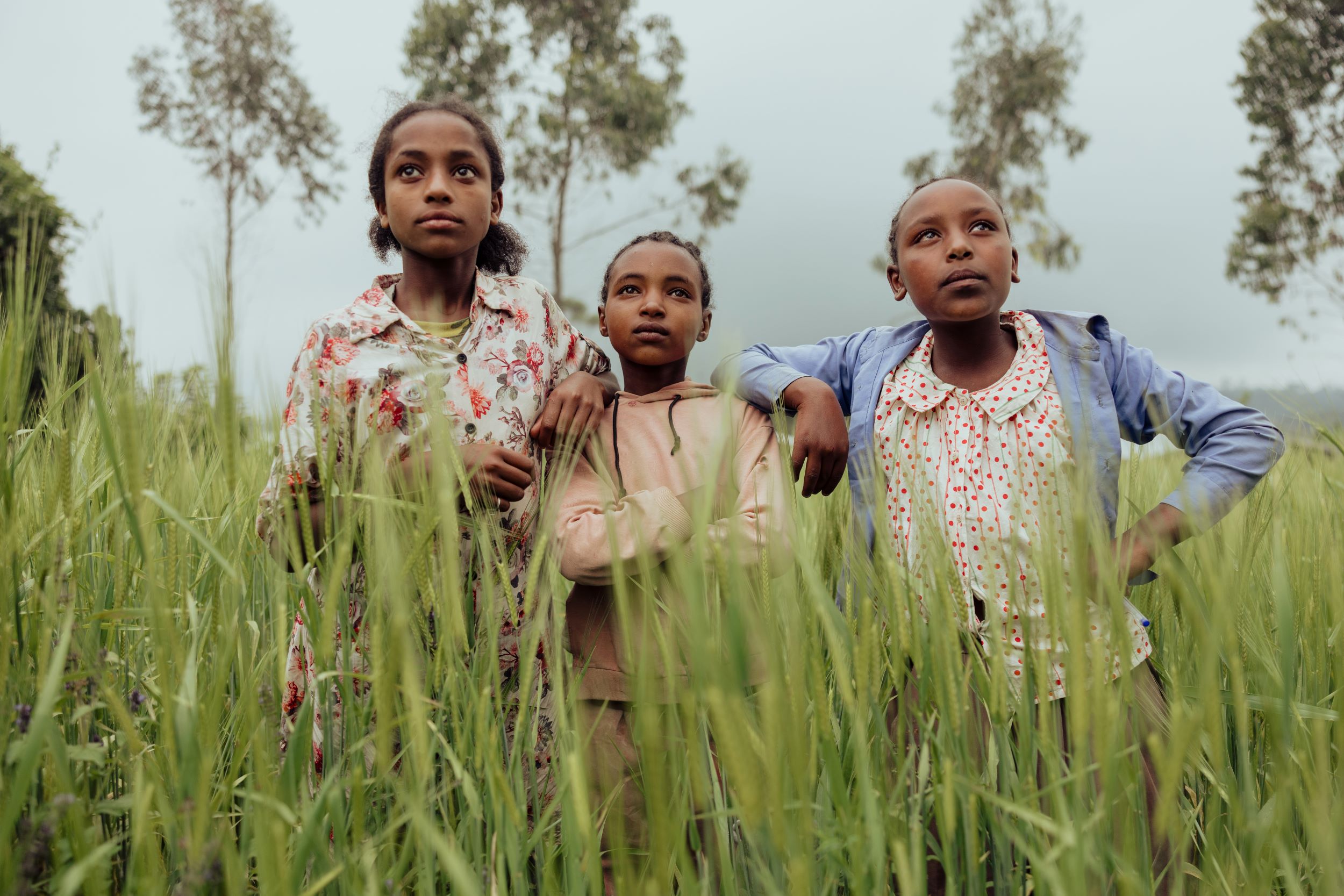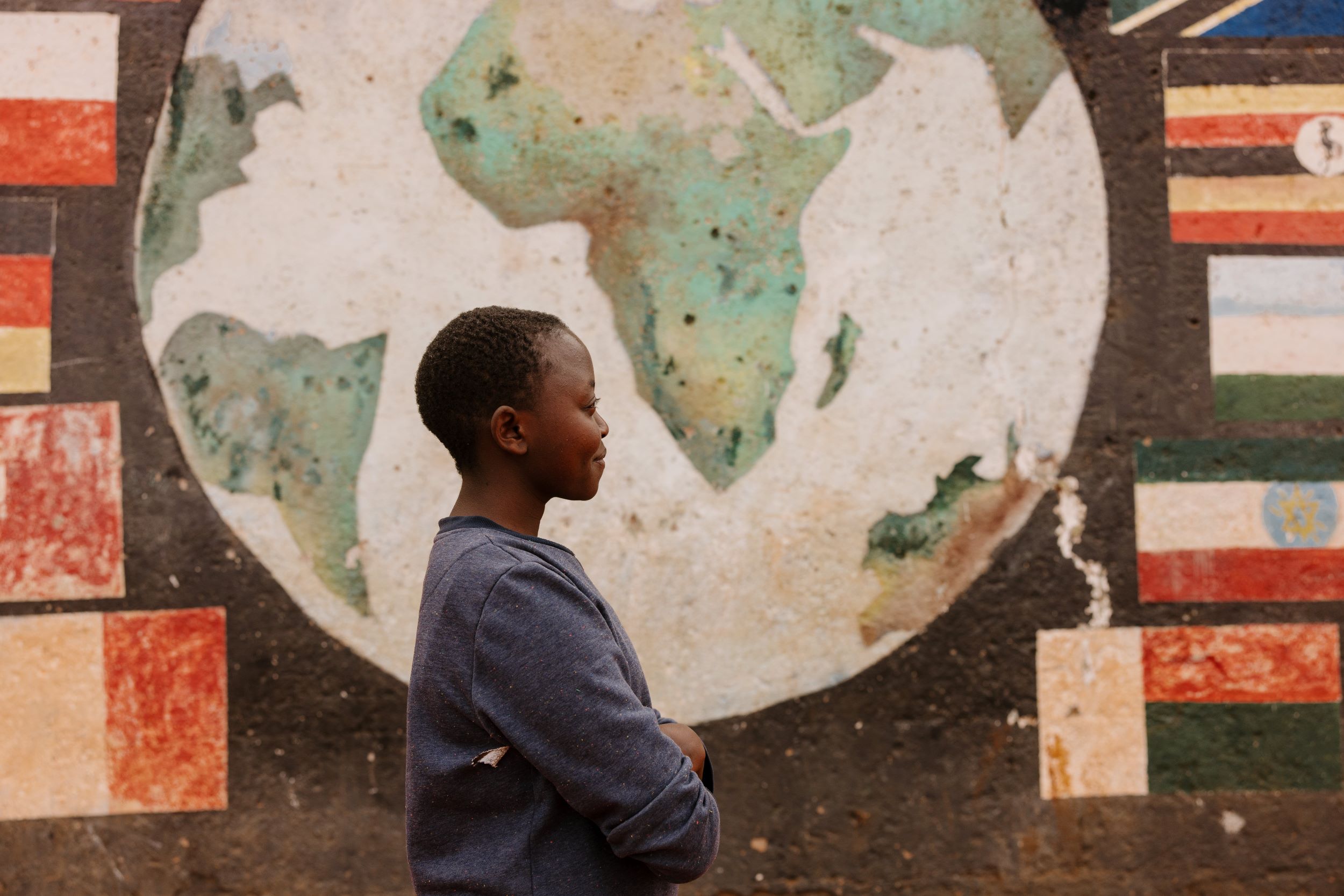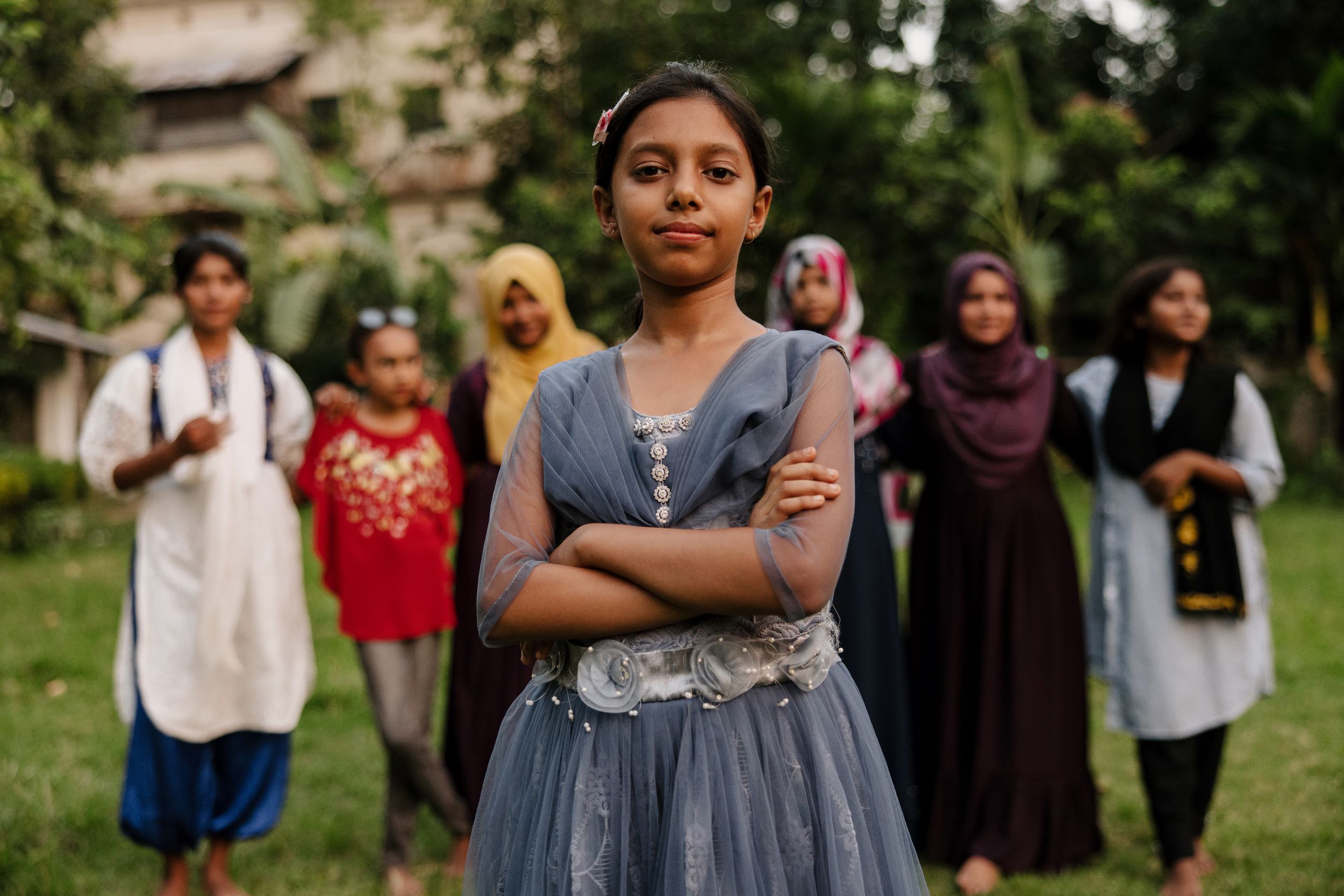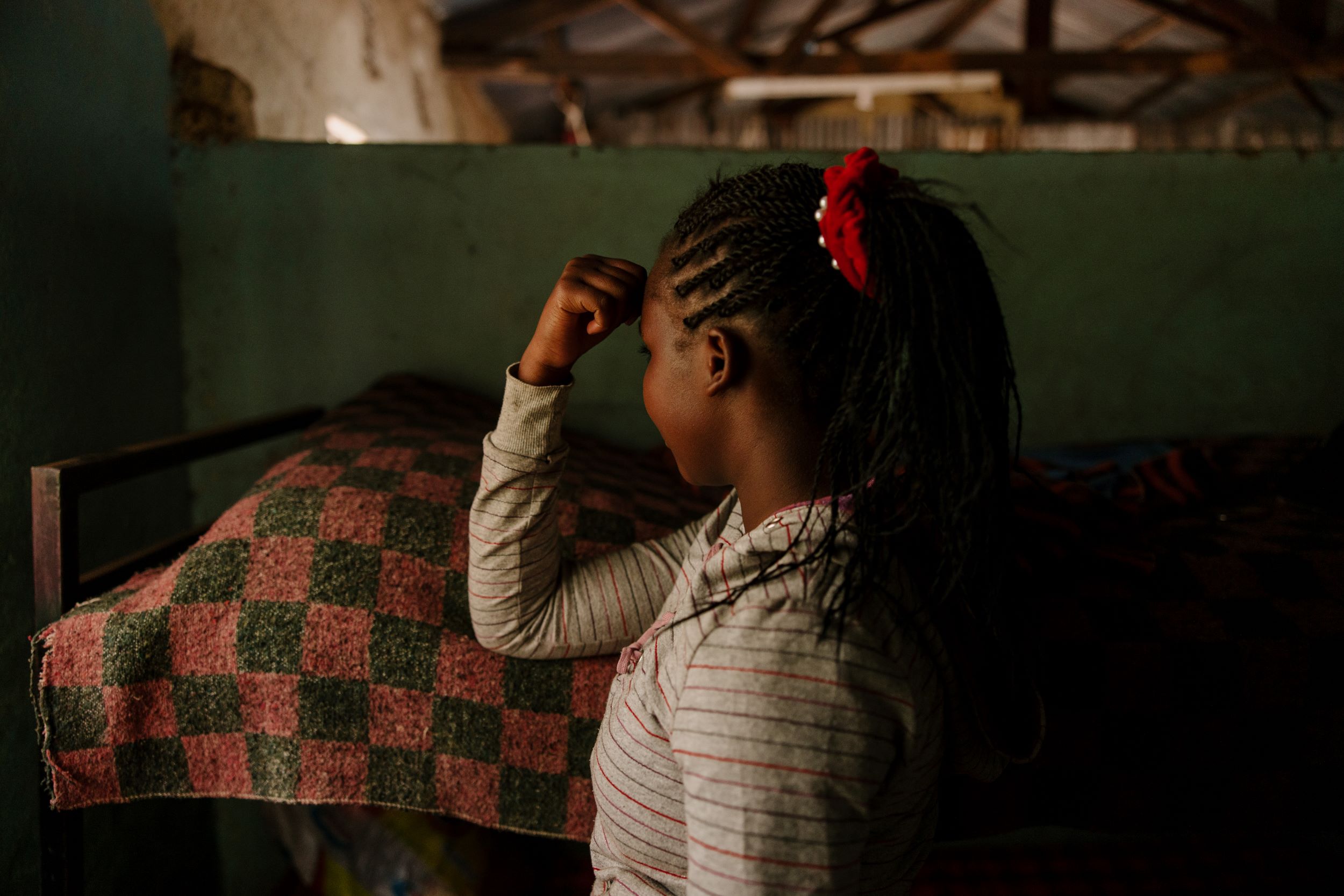
What is gender based violence?
Learn and fight for her rights: Miriam’s survival story in rural Kenya.
Warning: Content includes mentions of sexual violence and includes a story about rape.
Almost one in three women worldwide have been impacted by gender based violence (GBV) in their lifetime, making this no small issue.
Learn about GBV and its causes. Then find inspiration from Miriam’s rape survival story.
What is the meaning of gender based violence?
Gender based violence can be physical, psychological, sexual or socio-economic, but is committed against a person because of their gender.
Although GBV affects men, it disproportionally impacts women. It is especially prevalent in fragile contexts, including places experiencing conflict or disaster.
Violence against women and girls (VAWG) is defined by the United Nations as “any act of gender-based violence that results in, or is likely to result in, physical, sexual or psychological harm or suffering to women, including threats of such acts, coercion or arbitrary deprivation of liberty, whether occurring in public or in private life”.
GBV is a human rights violation, proportionate in scale to a pandemic. Today, an estimated 736 million women have experienced some form of abuse because of their gender. This figure does not include sexual harassment.
Sponsor a girl today
Child Sponsorship helps prevent, and protect girls from, gender based violence.
Sponsor a girlForms of violence against women and girls
The key types of gender based violence are:
- Intimate-partner violence
- Sexual violence
- Human trafficking
- Female Genital Mutilation
1. Intimate-partner violence
Spouses, romantic partners and ex-partners are the main perpetrators of GBV. Also known as domestic violence or domestic abuse, this form of violence isn’t always physical but follows a pattern of controlling and coercive behaviour that is usually very difficult to escape.
2. Sexual violence
Any sexual act done without the other person’s consent is defined as sexual violence. Sexual abuse, rape and sexual exploitation all fall within this category of gender violence.
Consent cannot be given by certain groups, including children up to the age of 18, people living with mental disabilities, and those who are intoxicated or unconscious due to consumption of drugs or alcohol.
Young girls are particularly at risk of child sexual abuse and exploitation in conflict zones.
3. Human trafficking
Human trafficking is when people are brought or taken to a new location where they are made to work or participate in activities against their will. Sometimes this is under threat of violence, but it can also be done through manipulation or false promises (such as a job or career opportunity).
Also known as modern slavery, human trafficking includes sex trafficking, forced marriage, forced labour, domestic servitude, forced crime and organ harvesting.
According to the UN, most detected victims of human trafficking (91%) are women. The UN also reveals that physical and extreme violence is three times higher at the hands of traffickers than males.
4. Female genital mutilation (FGM)
Female Genital Mutilation, also known as “cutting”, is the partial or total removal of the female genitalia. It has no medical benefits whatsoever and has been shown to harm the immediate and long-term wellbeing of girls. Not only this, FGM increases the likelihood of early marriage and teen pregnancy, while ending girls’ education.
As with all types of gender violence, FGM is a violation of human rights.
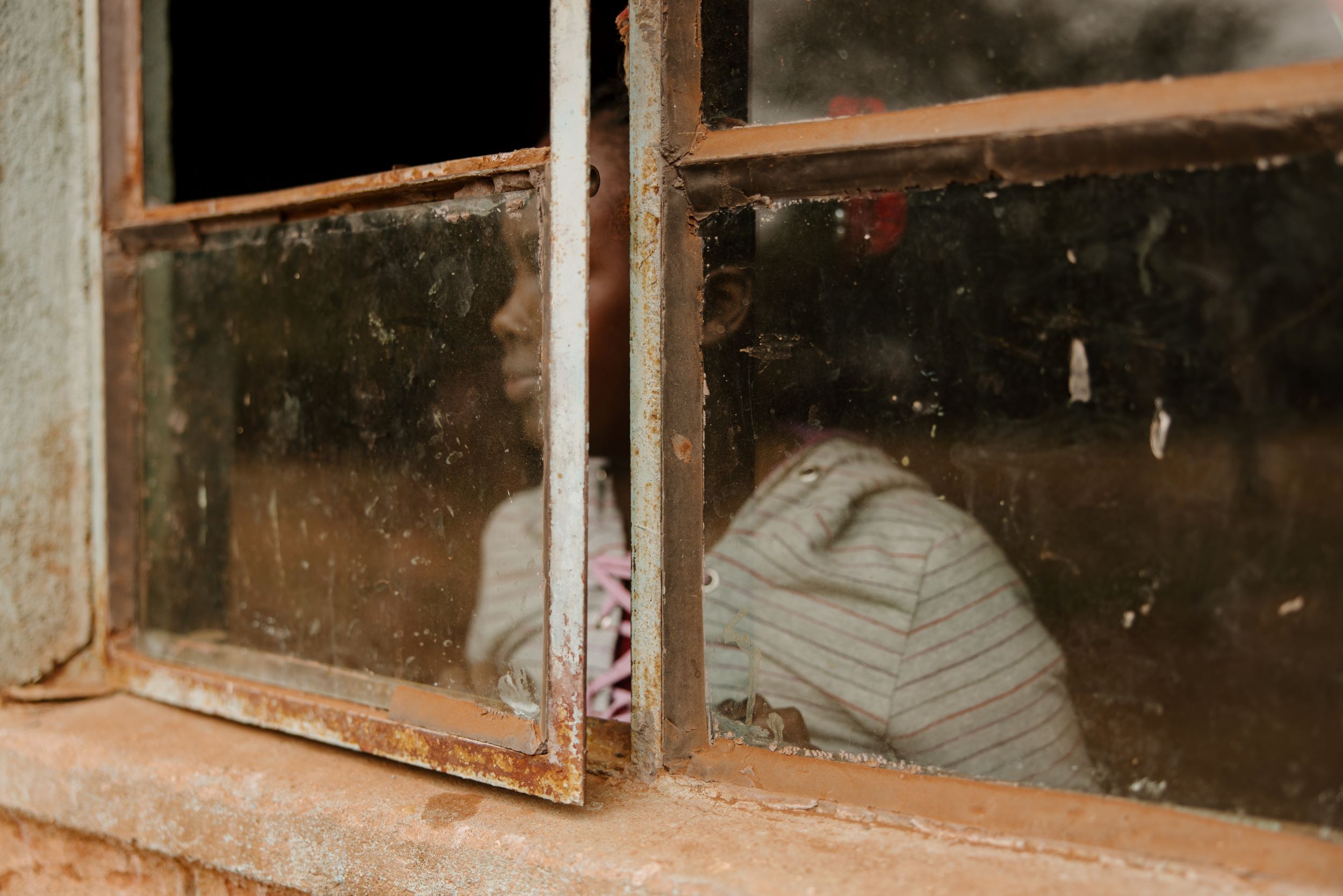
Causes of gendered violence
Gendered violence has cultural, economic, political and legal roots.
Cultural
Outdated views about femininity, masculinity and the roles of women and men, along with traditional practices, are huge contributors to GBV. A host of cultural norms perpetuate patterns of violence based on gender. A lack of educational opportunities, for girls especially, leads many to accept and even sometimes uphold certain forms of violence, such as FGM.
READ MORE: How we're helping girls end FGM
Economic
High levels of unemployment, fewer job opportunities, and soaring costs make it difficult for men to feel like they are providing for their families. This can cause them to assert their masculinity in violent ways or to choose harmful practices like forced marriage in an effort to solve their financial problems.
Political
During political unrest and upheaval, women and other vulnerable groups are less protected by the law and law enforcement. Even more so when families become separated and displaced. Widows and single mothers, as well as their children, are more exposed to sexual violence and rape. Rape is also a known weapon of war.
Legal
Gender equality is not enshrined in the law of every nation, and even when it is, it’s not always upheld in practice. Women are not represented in all spheres of society. They’re still not seen as equal, and they’re not always believed. As such, they’re often unwilling to report or oppose gender violence in their home.
This isn’t so surprising when you read a story like Miriam’s.
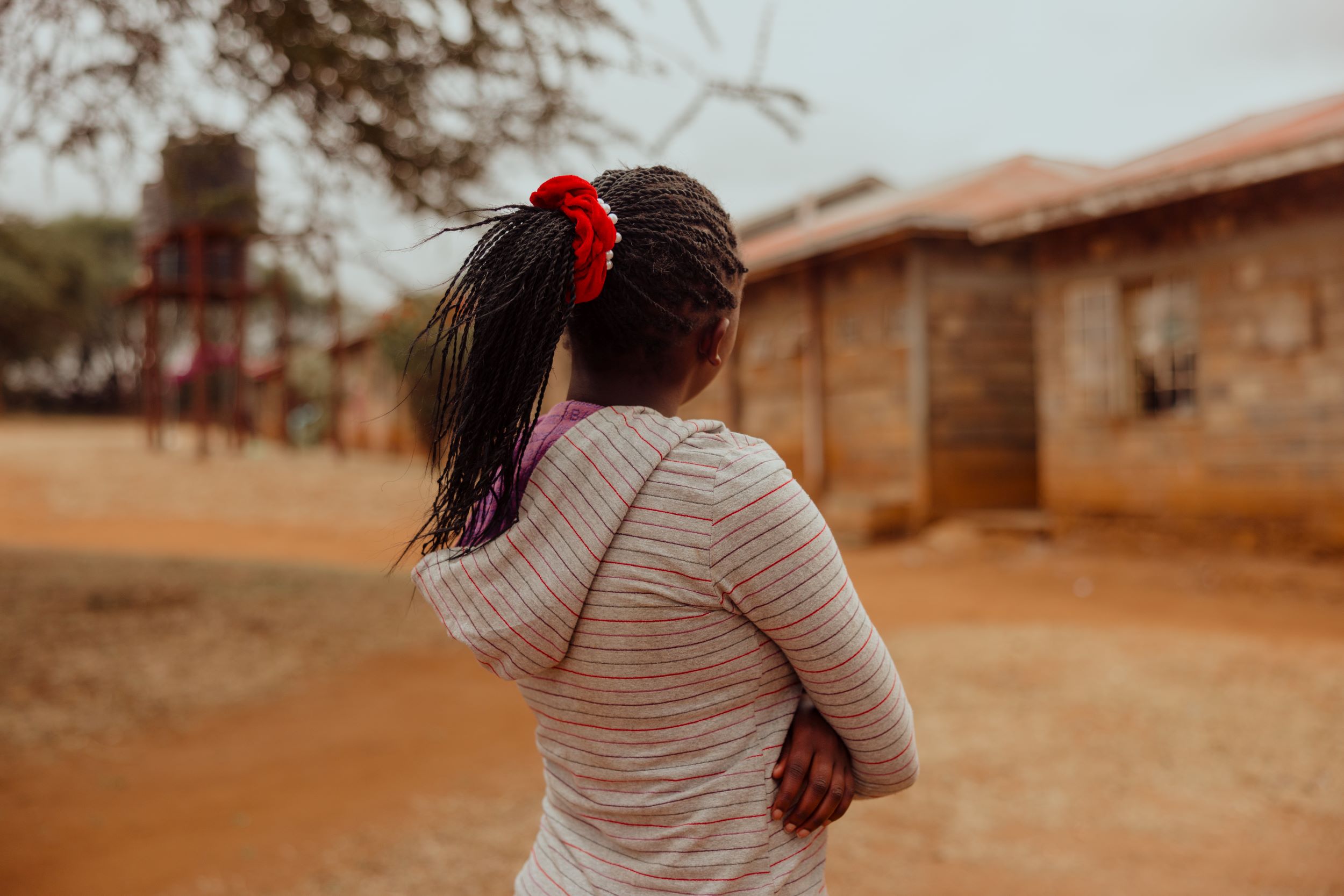
Surviving GBV: Miriam’s story
Miriam lives in a small, rural village in Kenya. She lives in a Masaai community, a people group who value culture and tradition above education.
Miriam speaks with passion and eloquence, in English as well as several local languages. When she laughs, it’s hard to remember she’s a survivor of a deep trauma that’s changed the course of her life.
Tough times
Growing up, Miriam’s family were often hungry and couldn’t afford essentials like clothing.
“Sometimes I wouldn’t go to school for a month or a week. I would stay at home with my parents as I don’t have clothes,” says Miriam, who loved school and did all she could to go.
When Miriam was 12 her mum got sick and had to go to hospital. She and her siblings went to stay with their uncle, who saw them as a burden and beat them when he was angry.
The rape
One day, when Miriam was alone in the house, her uncle raped her.
Miriam told her mum and dad. Devastated, her mum believed her and demanded justice – but her father didn’t and was furious when her mother went to the chief. The chief also sided with the uncle, who said that Miriam had made the story up.
“When we speak, no one will hear us, so we have to stay with our problems,” says Miriam. “We feel like no one is concerned, no one loves, us. We feel we are nothing.”
Cast out
Miriam and her mum then went to the authorities and finally were able to report what had happened.
When he learned about this, Miriam’s dad threw her and her mum out of the home, while their relatives turned their back on them. With no way to support themselves, they had to beg somewhere to stay and food to eat.
When they became aware of this, a local government child officer helped Miriam find a place in a rescue centre for children who cannot stay with their families. The centre is run by the government, but a number of the children are sponsored. World Vision provides mental health and trauma recovery support to all who stay there as well as helping them learn about their rights.
Sponsored and safe
Still living at the centre, Miriam sometimes returns home to visit her mum and sometimes her dad. The case against her uncle is still proceeding through the courts. But through the horrendous experience, Miriam has become a strong advocate for girls and their rights.
Today, Miriam is a sponsored child and can stay in school while having enough food and a safe place to live.
“Sponsorship has helped me so much. Because here we can get clothes. Here we can get uniforms. Here we feel so good because here it feels safe,” says Miriam, who supports other girls to stand up for their rights while dreaming of one day starting her own human rights advocacy organisation.
“If I was the president of Kenya,” she says, “I would be the first person of Kenya that makes sure women, especially girls, feel proud. And I will make sure that no girls are affected. I will build rescue centres and make sure that our girls have a place to feel proud.”
*Name changed to protect identity.
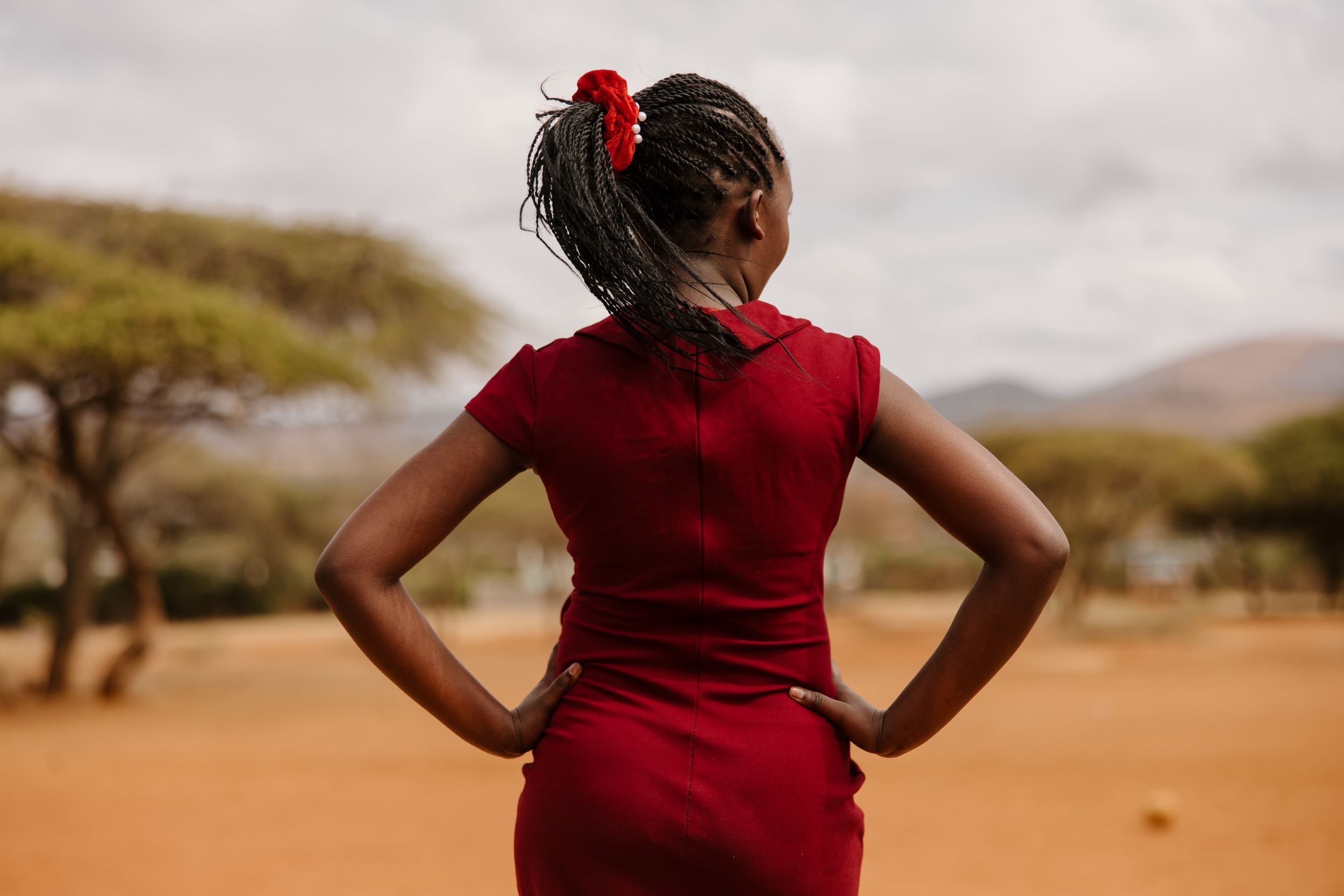
Our work to prevent GBV
“Now, where I am today as a girl, I can speak,” says Miriam. “I can speak about the problem and I can help other girls.”
Miriam couldn’t have known this before she was sponsored. Now, through Child Sponsorship, she and many other girls know their rights and can stand up for them.
Child Sponsorship helps prevent gender based violence in various ways.
- Children, parents and community members learn why certain practices – like FGM and child marriage – are harmful and need to stop.
- Boys and men learn about positive masculinity, transforming marriages and family life at home.
- Communities receive training on child safety and children’s rights.
- Children take part in forums and committees, speaking up for their own rights.
- Skills and business training leads to strengthened income, keeping families fed and children in school.
- Education boosts children’s confidence and independence. Girls learn that they’re made for more than marriage and motherhood.
Child Sponsorship is changing Miriam’s community and many others across the world.
By sponsoring a girl today you can keep her safe from gender based violence. Keep her fed, in school, and safe from harm.
You could fight for her rights.

